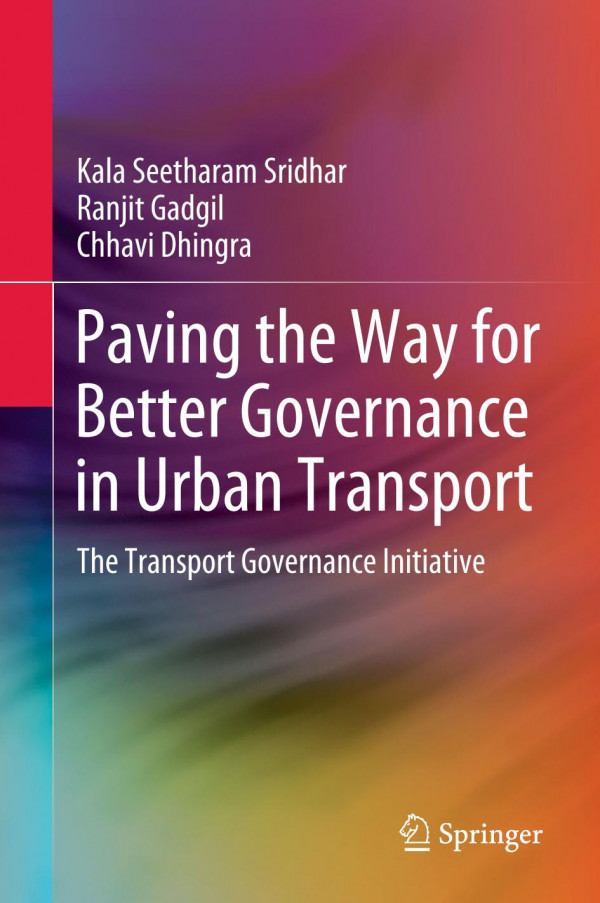

Most ebook files are in PDF format, so you can easily read them using various software such as Foxit Reader or directly on the Google Chrome browser.
Some ebook files are released by publishers in other formats such as .awz, .mobi, .epub, .fb2, etc. You may need to install specific software to read these formats on mobile/PC, such as Calibre.
Please read the tutorial at this link: https://ebookbell.com/faq
We offer FREE conversion to the popular formats you request; however, this may take some time. Therefore, right after payment, please email us, and we will try to provide the service as quickly as possible.
For some exceptional file formats or broken links (if any), please refrain from opening any disputes. Instead, email us first, and we will try to assist within a maximum of 6 hours.
EbookBell Team

0.0
0 reviewsThis book presents an innovative democratic framework that ensures public participation, based on applying principles of good governance to facilitate urban transport decision-making in an integrated and structured manner. While – given the need for mobility in cities – transport is crucial for urban development, problems such as the fragmentation of institutions, decision-making, and unequal knowledge concentrations represent major hurdles to effective governance outcomes (especially those that go beyond technical and regulatory aspects).
Substantial investments continue to be pumped into the urban transportation sector, with cities lacking the necessary capacities or governance mechanisms to ensure optimal returns on these investments. The book introduces the transport governance framework, which is intended to provide an integrated and structured approach to facilitate decision-making processes in the urban transport sector, focusing on how decisions are made rather than what decisions are made. It also discusses the initial testing of the framework in several cities across India. In addition, it examines the application of the TAPC (transparency, accountability, participation, and capacity building) principles of good governance to key aspects of urban transport – policy, planning, standards, budgets, execution, and regulation.